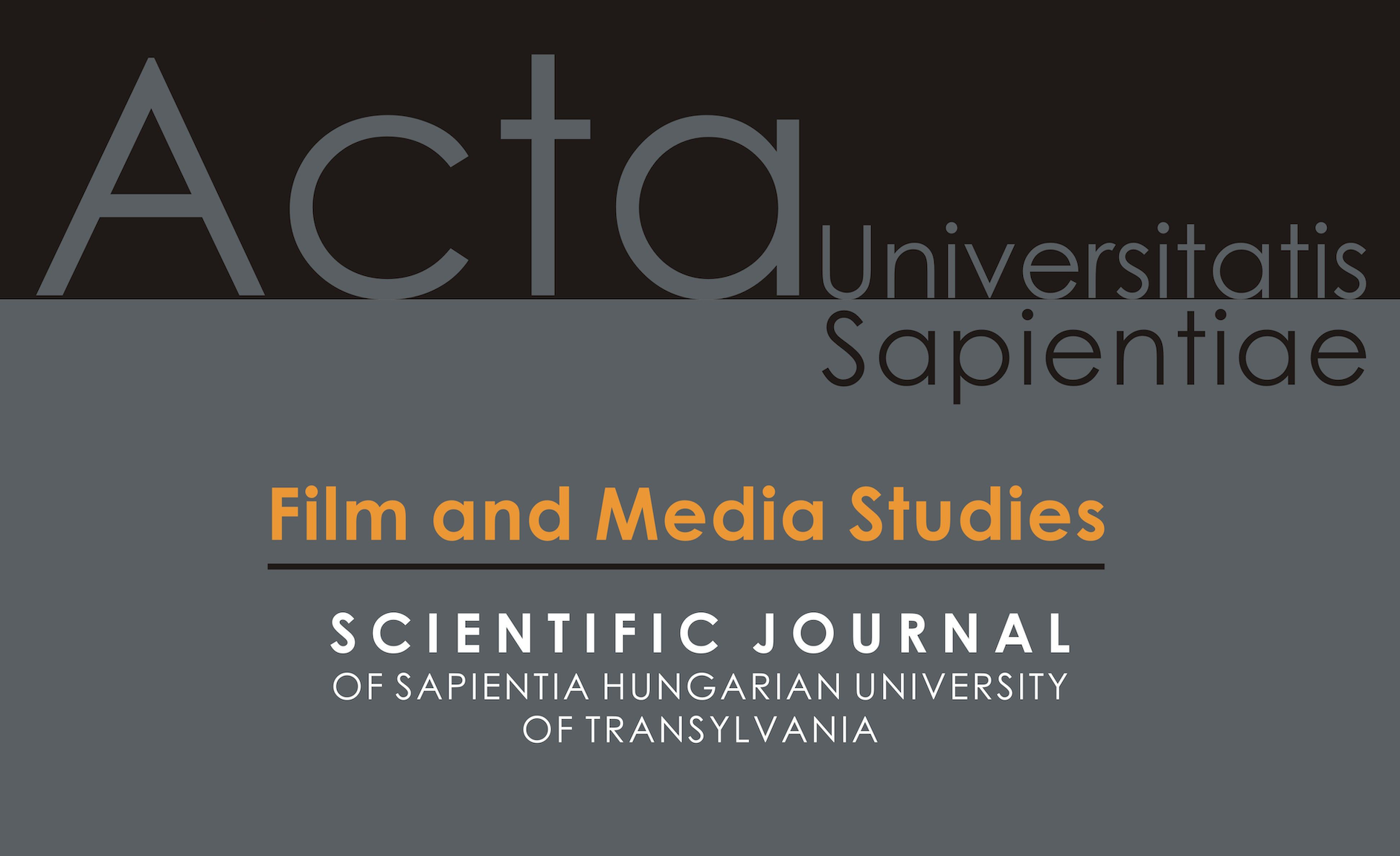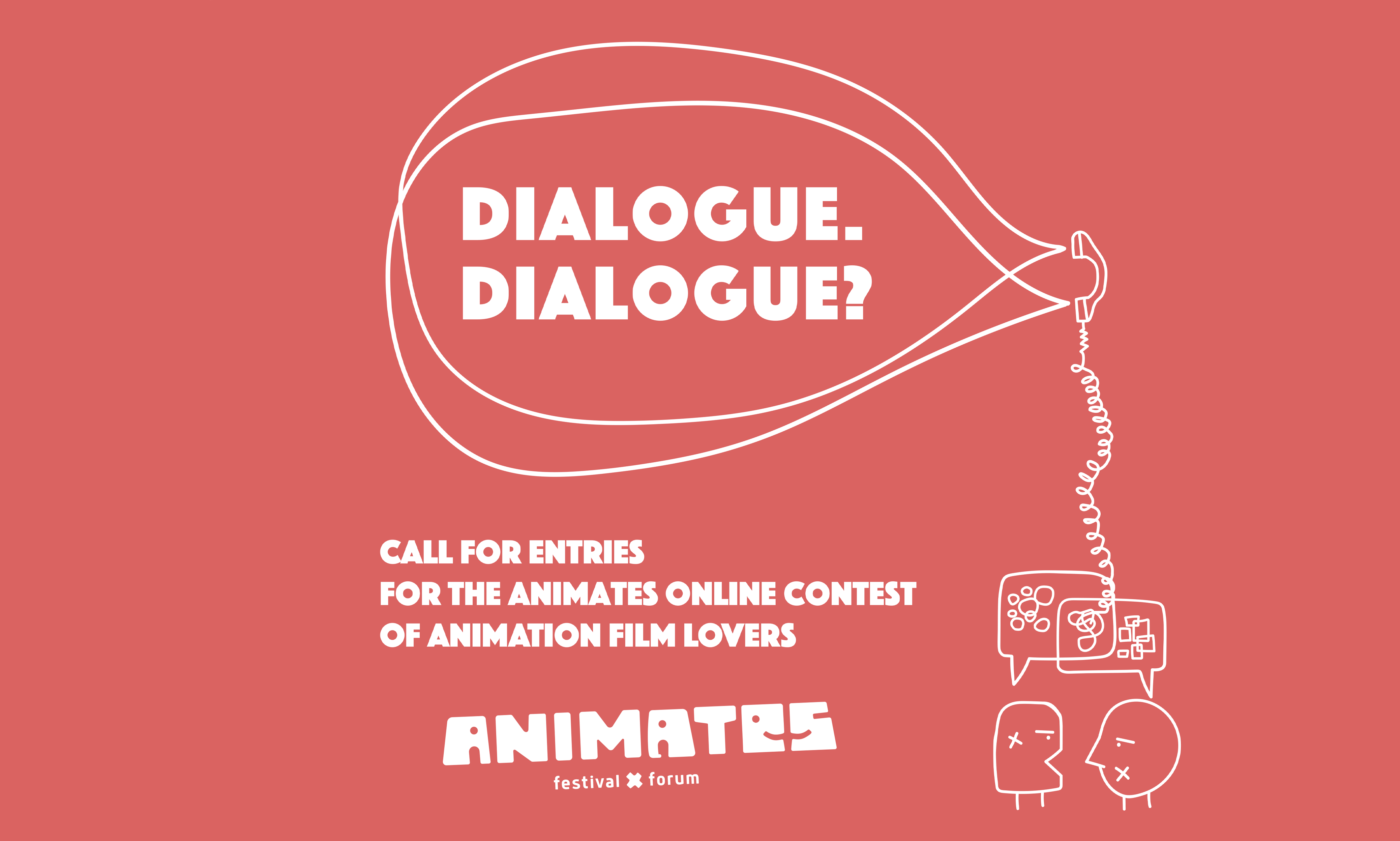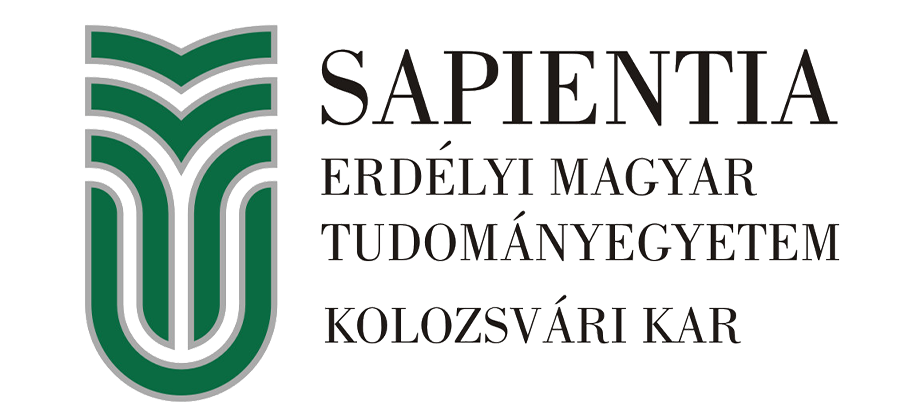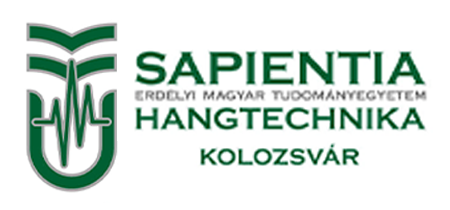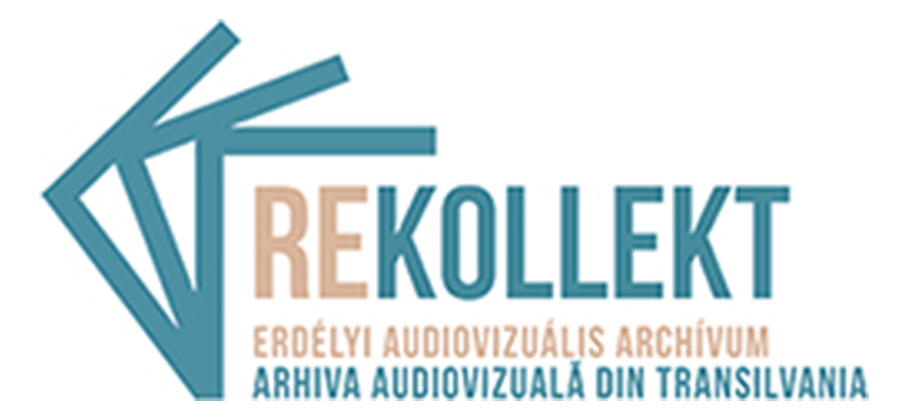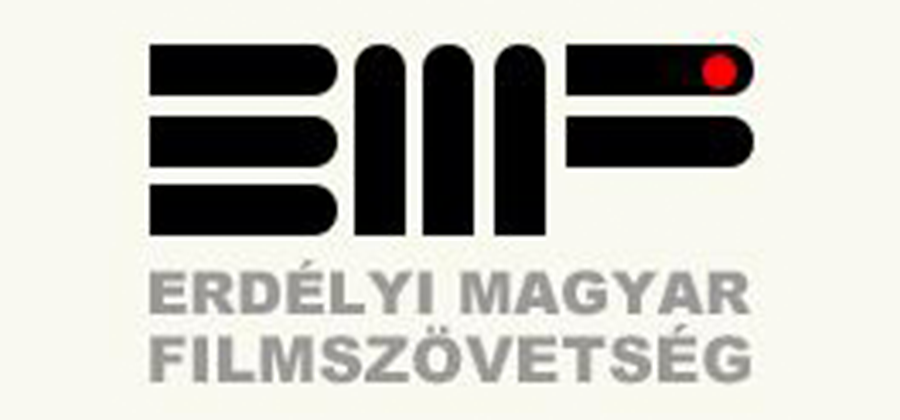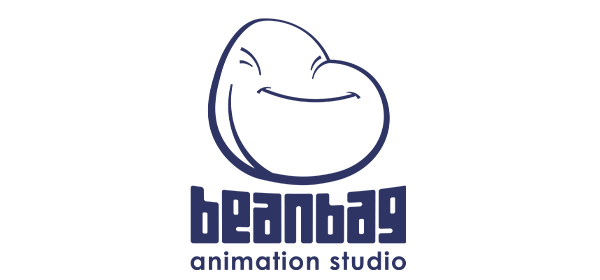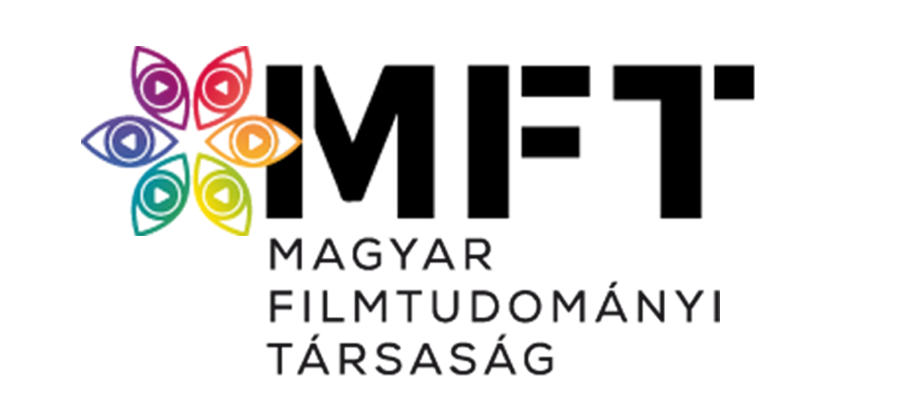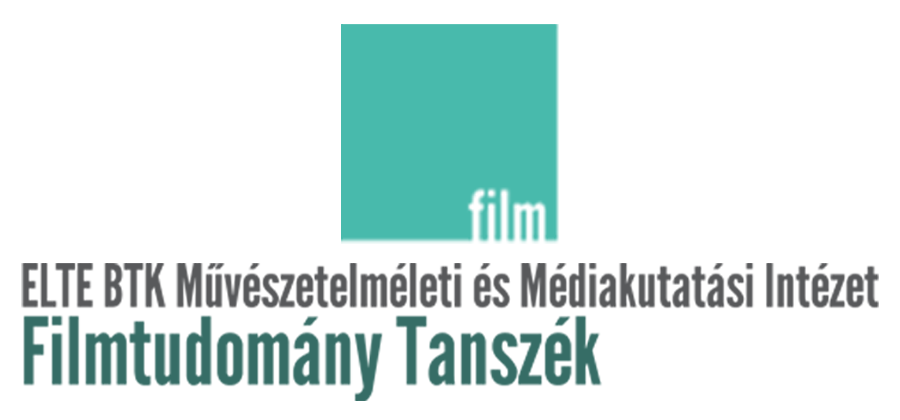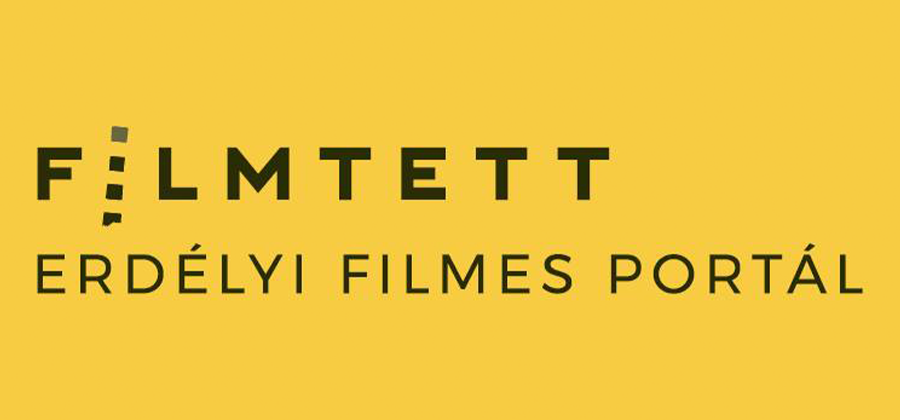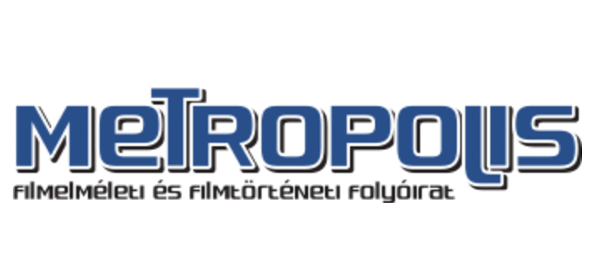| Kutatás / Konferenciák / | előző | következő |
INTERMEDIALITY NOW: REMAPPING IN-BETWEENNESS
19-20 October, 2018.
Deadline for proposals: July 15, 2018.
PHOTOS
CONFERENCE BOOKLET WITH ABSTRACTS OF PRESENTATIONS
CONFERENCE VIDEOS:
CALL FOR PAPERS
Connected to our new exploratory research project "Rethinking Intermediality in Contemporary Cinema: Changing Forms of In-Betweenness" funded by the UEFISCDI, and following up on the topics of our previous conferences, we would like to bring into focus the idea of "in-betweenness" set in a wider context of contemporary visual culture, and to re-evaluate its relevance regarding the state of the art in researches on intermediality.
Digital media have not only prompted a reassessment of the relationship of the "old" and the "new" through their extraordinary capacity for absorption and remediation, but have literally flooded our life with their ubiquity and sheer excess. The technological convergences of devices producing and displaying media, the fusions, expansions, relocations taking place have effectively challenged our perception of media differences. If the idea of intermediality is based on the assumption of a productive interaction of media, then there should be no more pressing issue regarding intermediality studies today than fine-tuning its core concept of in-betweenness to the phenomena of the so called post-media age, in the spirit of Raymond Bellour's concept of l'entre-images (i.e. images-in-between/inter-images), in which novel forms are continuously "hollowed out from within surrounded by the new forces that irrigate it" (2012: 21). On the other hand, however, as recent theoretical approaches imply by viewing media products embedded in their palpable, real-life environment (i.e. in the dispositifs we experience them, in their phenomenology that links them to our bodies, or in their concrete, historical and socio-political context), the relevance of intermediality is not limited to what happens to media, but it extends, even more importantly, to what happens through the in-betweenness of media, and to the agency of in-betweenness in our contemporary multimedia environment. Besides the analysis of new configurations, we should also examine what is inscribed and communicated through various intermedia relations and what new types of passages are established in-between art and life, in-between the emotional, spiritual and the material, as well as the imaginary and the real, and so on.
We invite proposals to unravel the complex new relationships that define our contemporary visual culture, and to map new, relevant areas of in-betweenness that may enrich our knowledge of intermediality today.
We suggest the following tracks along which individual topics (theoretical presentations or case studies) may be proposed:
- Classical cinema vs. expanded cinema in the digital age, cinema and other forms of moving images
- The cinematic, the photographic, the theatrical, the painterly as transversal concepts (applicable "outside" their media boundaries) in the aesthetic of contemporary art and media
- L-entre images (inter-images) today: new passages between the visual arts in the digital age
- In-between the real and the intermedial, the immediate and the hypermediated, bodies and media, the sensual and the abstract
- Intermedial strategies in the aesthetic or the curating practices of contemporary art and media, the politics of intermediality, the "messages" of in-betweenness
- New technologies and experiences of in-betweenness: e.g. 3D, VR cinema, computer games
- "In-betweenness" in between theories: concepts of liminality articulated and applied through theories of intermediality, media convergence, transmediality, philosophy, media archaeology and ecology, intersections of media and cultural studies etc.
Keynote speakers:
THOMAS ELSAESSER, Professor Emeritus of the University of Amsterdam and Visiting Professor at Columbia University. Besides publishing over 200 essays in journals and collections, he has authored, edited and co-edited some 20 volumes on film history, film theory, media archaeology and new media. Among his recent books as author are: (with Malte Hagener) Film Theory - An Introduction through the Senses (2010) and Film History as Media Archaeology (2016). He is currently completing a book on European Cinema and Continental Thought: Film as Thought Experiment (2018). He is also writer-director of the documentary film, The Sun Island (2017) which premiered at the Kassel Documentary Festival in November 2017. The conference will also include a screening of this film. (See a review of this film as a kind of "auto-media-archaeology" here.)
Plenary speakers:
- LARS ELLESTRÖM, Professor at the Department of Film and Literature, Linnaeus University, Sweden. He is the head of the Linnaeus University Centre for Intermedial and Multimodal Studies (IMS) and chairs the board of the International Society for Intermedial Studies (ISIS).
- LÚCIA NAGIB, Professor of Film, Director of the Centre for Film Aesthetics and Cultures, University of Reading, UK. She is the leader of the AHRC-FAPESP funded project, 'Towards an Intermedial History of Brazilian Cinema: Exploring Intermediality as a Historiographic Method' which focuses on cinema's nature as a mixture of arts and media in order to produce the first, groundbreaking intermedial history of Brazilian cinema.
- JOACHIM PAECH, Professor Emeritus University of Konstanz (Germany) whose books and articles, the edited collections of essays are among the most influential writings on intermediality of film.
And we are proud to present an exclusive video lecture by:
- RAYMOND BELLOUR, the renowned French philosopher, theorist of film and interart relations, whose concept of "in-betweenness" inspired this conference.
We invite proposals both for individual papers and pre-constituted panels. Panels may consist of 3 or 4 speakers.
Deadline for the submission of proposals: July 15, 2018.
Please fill in one of the SUBMISSION FORMS below:
INDIVIDUAL PROPOSAL
CONFERENCE REGISTRATION FORM FOR NON-SPEAKERS
For additional information you can contact the organizers directly at this e-mail address:
The official language of the conference is English.
The time for presentations is limited to maximum 20 minutes, followed by a 10 minute debate.
Conference fee (which includes participation, conference buffet and banquet): 120 EUR, special fee for participants from post-communist/communist countries: 70 EUR. The fee is to be paid on arrival at the conference registration desk.
A selection of papers based on the conference presentations will be published in our department's international, peer reviewed journal (Acta Universitatis Sapientiae. Film & Media Studies) indexed in several international databases (e.g. Web of Science Core Collection - Emerging Sources Citation Index ESCI, ERIH Plus: European Reference Index for Humanities and Social Sciences, etc.).
The conference proposes to facilitate academic communication between existing centers of research specializing in film and media studies within different universities, and at the same time, it encourages students on different academic levels to be initiated into scientific research.
Recommended possibilities of accommodation:
To help you make your own booking, here is a list of hotels and hostels located in the vicinity of the conference venue, at a maximum distance of 15 minutes' walk. You can make your reservation either by phone or via e-mail (usually the hotel/hostel staff speaks English). Please note that the conference organizers make no reservations. However, if all your attempts to book a room prove unsuccessful, do contact the organizing committee.
Recommended possibilities of accommodation:Fullton Hotel ***
http://hotelfullton.ro
Tel./fax: + 40 729 999 444
e-mail: office@hotelfullton.ro
Hotel Transilvania ***
http://www.hoteltransilvaniacluj.ro
Tel.: +40 264 594 429
e-mail: reception@hoteltransilvaniacluj.ro
Melody Hotel ***
http://centralmelody.com
Tel.: +40 264.597465
DoubleTree by Hilton, Hotel Cluj - City Plaza ****
http://doubletree3.hilton.com/en/hotels/romania/doubletree-by-hilton-hotel-cluj-city-plaza
Tel.: +40 264 450 101; fax: +40 264 450 152
Hotel Meteor ***
http://www.hotelmeteor.ro/
Tel: +40 264 591 060
E-mail: hotelmeteorcluj@yahoo.com
Le Petit Paris
https://www.bedandbreakfast.eu/bed-and-breakfast/cluj-napoca/le-petit-paris
Tel: +40 735 401 806
Lucas Aparthotel
https://www.booking.com/hotel/ro/lucas-aparthotel.hu.html
Transylvania Hostel **
www.transylvaniahostel.com
Tel.: +40 264 443 266
E-mail: office@transylvaniahostel.com
Retro Youth Hostel **
http://www.retro.ro/
Tel: +40 264 450 452
E-mail: retro@retro.ro
Hostel Heltai
http://www.cazareclujnapoca.ro/en/Hostel/Hostel-Heltai-75.html
Tel./fax: +40 264 590 096
E-mail: heltai_gaspar@yahoo.com
Travel information
Cluj Napoca Airport: www.airportcluj.ro/
Low-cost flights to Cluj: http://book.wizzair.com/
Cluj Napoca Airport is located at 8 km from the city, so it is easy and fairly cheap to get to the center by taxi or bus.






